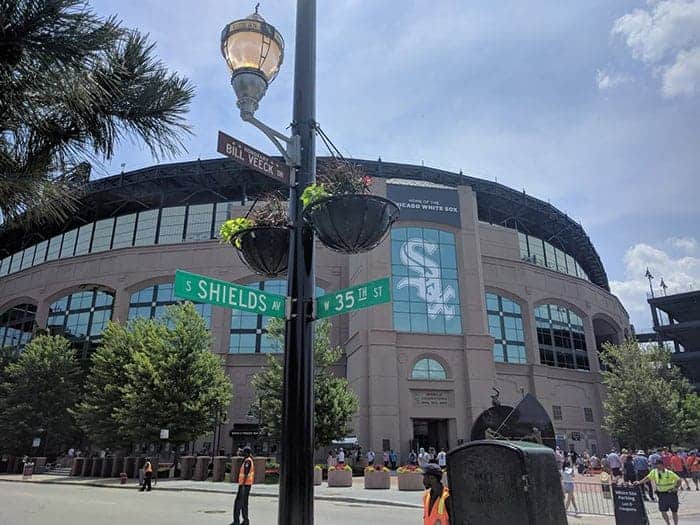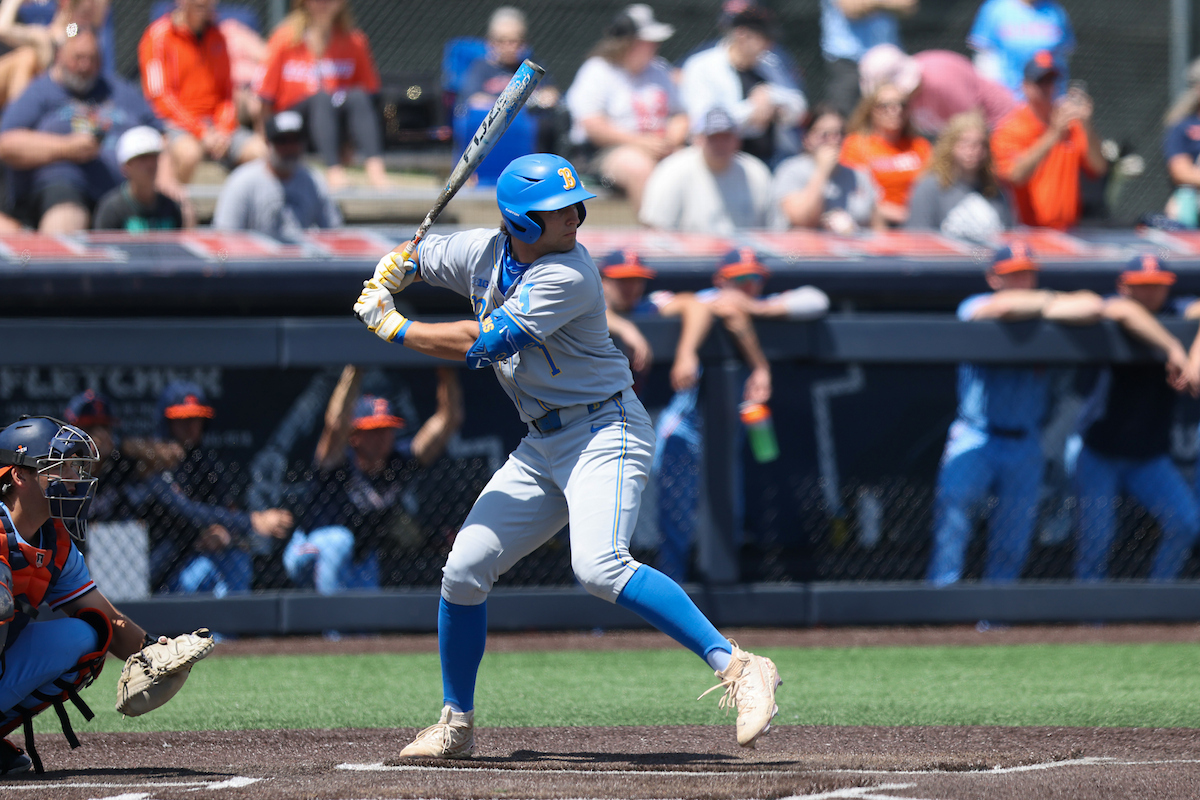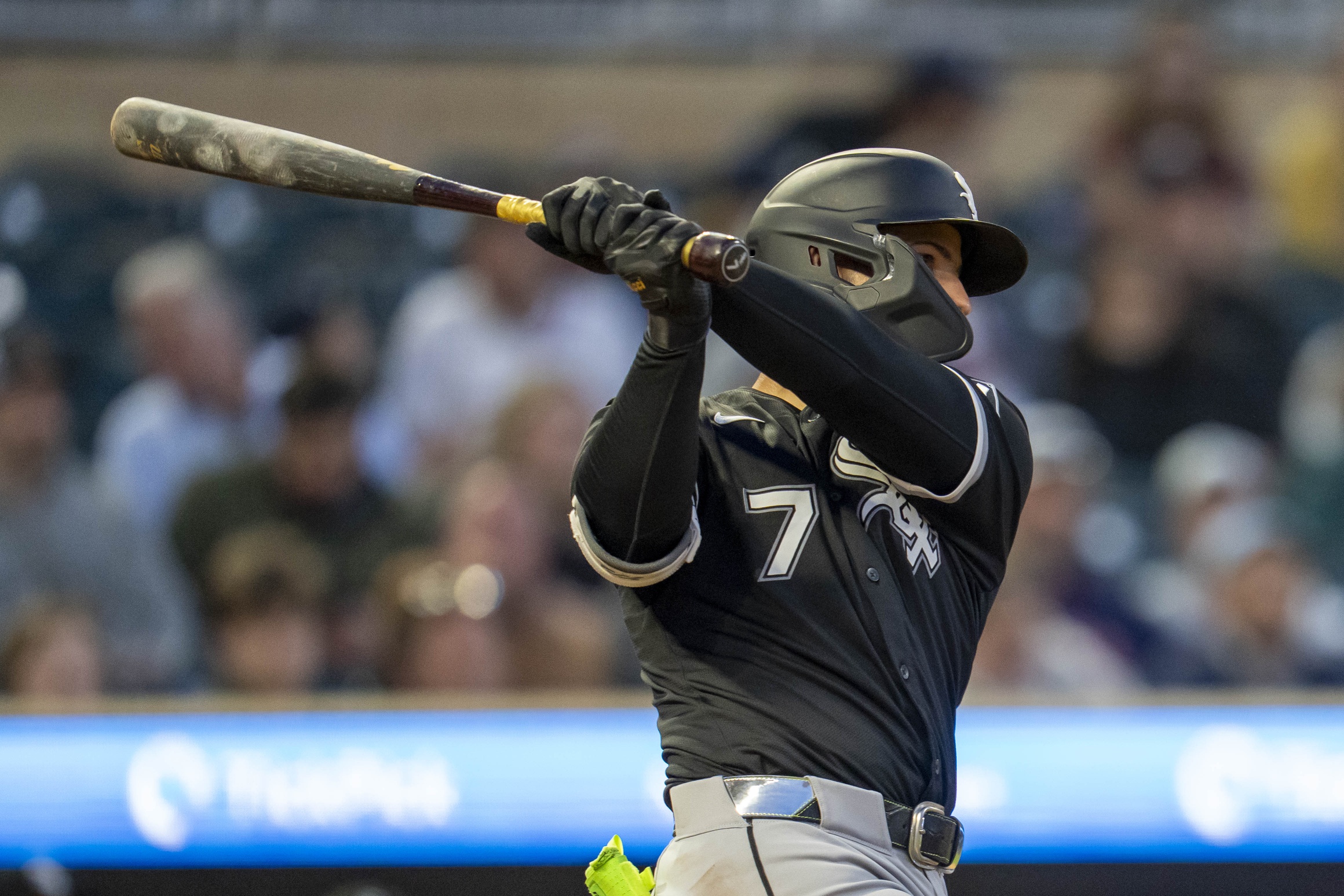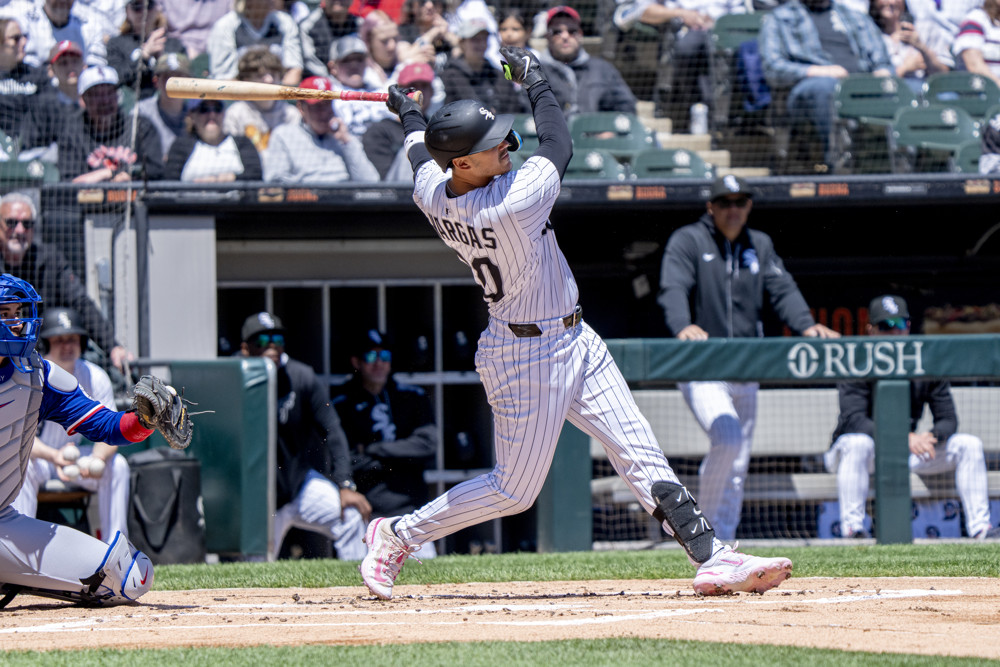There's a simple reason to improve the White Sox: Winning games is the ostensible purpose of a baseball team, and so the White Sox should try to win more of them.
In an environment where a lot of the fan base successfully resigned itself to losing on purpose, the concept of improvement for improvement's sake sometimes requires a surprisingly strenuous defense.
And I kinda get it. It's been difficult to argue about the intangibles of investing in the present, because relevance has always been fleeting for the White Sox, so it doesn't seem like something to chase. If they're ever going to get it, they're going to have to earn it with sustainability.
But still, the White Sox might not want to go much lower. On the Patreon Request Line for 2018 review, Amador wrote:
You could talk about how a season like this affects marketability. Look at attendance rates (highest attendance game, lowest, etc.) and maybe make some projections for next year.
The White Sox drew 1,608,817 fans for a 100-loss team in 2018, ranking 12th in the American League. The bad news -- besides the obvious -- is that it's the lowest total since the White Flag Trade, as the White Sox drew only 1.34 million in 1999. The good news? It's only 20,000 fewer than they drew for a far more professional effort the year before. Compared to 20 years ago, the White Sox are showing up in greater numbers for a team that also hates its chances this time around.
I could be wrong, but I don't think attendance will dip much lower. It's easier to get cheap tickets now than it was in 1998-99, among other reasons. Even if the Sox do nothing but rely on Eloy Jimenez to generate a new team smell, I'd guess something like 1.58 million is the floor.
(For those who panic about attendance, the Indians drew just 1.93 million for a third consecutive division winner in 2018. The White Sox cleared that number for the first four seasons of this postseason drought, from 2009 through 2012. Imagine what the White Sox would draw for a similar run of success, and there you go. A team with 10 straight postseason misses and six consecutive losing seasons is going to fare poorly in every market remaining.)
The TV numbers may have also hit bottom, but unlike attendance, that's because they really can't go much lower. Forbes says the White Sox were the only team to pull a rating below 1.00, falling from 0.88 to 0.68. That's the more troubling number than attendance, because it shows how much the mindshare has dropped. The Chicago Tribune didn't even bother establishing a White Sox beat writer this year, which is probably a bigger indictment of the Trib than the Sox, but not by much.
As I was writing, I realized I was hitting another topic from the Patreon Request line, from orajestad9:
A comparison to other teams’ second year of the rebuild might be interesting to gauge the White Sox progress.
If you're looking for silver lining, the Astros drew a 0.40 rating in 2013, including several games with a 0.0 rating. Those Astros lost 111 games and only had Jose Altuve, Dallas Keuchel and Marwin Gonzalez playing a significant part, but the road started to clear afterward. George Springer and Collin McHugh came aboard the following year for a team that lost just 90 games in 2014, and Carlos Correa, Lance McCullers Jr. and some useful, non-splashy free agents later, they earned a wild card spot the following year.
If the White Sox are indeed following the Astros' script ... well, I wouldn't hew too closely to the original material. The 111-loss season was their third rebuilding season, not their second. They also drafted Mark Appel over Kris Bryant that year.
The hope has been all along that the White Sox traded enough valuable contracts at the onset of the rebuild to shave a year off tanking time, as opposed to teams like the Astros, Cubs or Phillies, who started with nothing and had to effectively roll over for three-plus seasons.
Where the White Sox stand now is a matter of your general faith in the front office. For those who believe in Rick Hahn, the 2018 White Sox were the 2013 Astros, and the upswing starts now. A few years from now, we'll look back at Yoan Moncada's .714 OPS as a 23-year-old the way Houston fans look at Altuve's .678 OPS as a 23-year-old. And we'll look back at Lucas Giolito's 6.13 ERA in his first full season the way they look at Keuchel's 5.15 ERA in his first full season.
Skeptics will point out that Keuchel wasn't a highly touted prospect acquired in the rebuild. He was a seventh-round draft pick of the Astros in 2009-- basically a Bernardo Flores-type figure in their farm system -- and the White Sox haven't yet found any of those developmental surprises to offset higher-profile stumbles. Also, the Astros had a brand new front office and approach, while Hahn is still in search of his first winning season six years and two rebuilds into the job.
The White Sox shouldn't need that third ghastly season. Not with guys like Giolito, Reynaldo Lopez and Yoan Moncada entering the second full pro seasons with hopefully their biggest struggles behind them. Not with Eloy Jimenez ready for the majors since July. Not with any unwieldy veteran contracts left to wait out.
Also, with the Cubs set to leave the NBC Sports Chicago regional sports network arrangement, the White Sox might want to get at least some of their ducks in a row before their next move. The Astros sank to those 0.0 ratings because they were a 111-loss team on a deal with CSN Houston that reached only 40 percent of households. CSN Houston collapsed, and while the Astros were saved by Root Sports, that's another part of the Houston story the Sox should want to steer clear from. Maybe the Sox' ill-fated partnership with WLS Radio checks the "broadcast misstep" box, because watching the White Sox doesn't need to be more difficult than it already is.
Thanks to Amador, orajestad9 and 200 others for their support of Sox Machine, especially during a season like this. If you’d like to support Sox Machine, sign up here.






